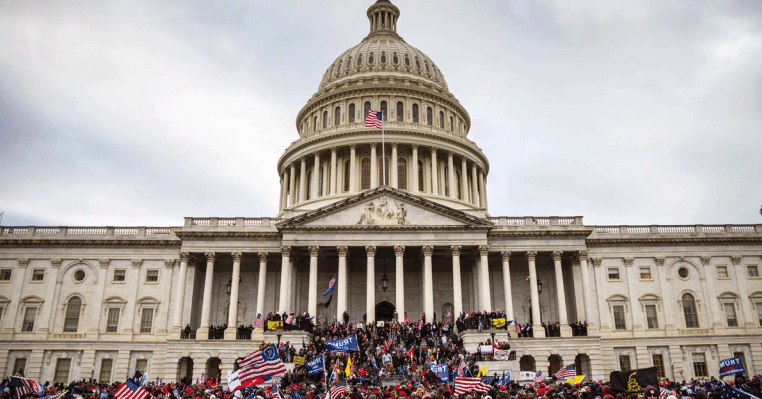Arresting federal officials and trying them in state courts needs to be a part of this legislation. The gov't arrests people all the time and tries them in federal courts where they can pick the venue.
This is impossible. It’s against the law.
| Liability of a Federal Officer under State Law |
An interesting issue is whether a state may prosecute a federal official for a breach of state criminal law while acting within the scope of federal duties. The answer is no, because the federal official has immunity from the state criminal law, derived from carrying out federal law or duties and thus protected by the Supremacy Clause- the supremacy of federal law over state law. The threshold issue is that the federal official must have been working in the scope of his duties at the time. This issue was first faced by the Supreme Court in In re Neagle, 135 U.S. 1 (1890). In this unique case, a federal marshal killed a California man in defense of Justice Field, who was a member of the U.S. Supreme Court. The man had previously made violent threats against Justice Field, and Neagle was assigned to protecting him. In a belligerent encounter, the man slapped Justice Field to provoke a fight, and allegedly reached into his breast pocket. Neagle, fearful the man was going to pull out a weapon, fatally shot him. The man turned out to be unarmed, and a California sheriff arrested Neagle on murder charges.
On writ of habeas corpus, the U.S. Supreme Court released Neagle and made clear that state law is displaced if it imposes burdens on a federal officer's attempts to protect federal interests or execute federal law, even if no federal statute specifically authorizes the federal official's conduct, as was the case here. Neagle established a two-prong test for this type of immunity from state criminal law: (1) Was the officer performing an act that federal law authorized him to perform? (2) Were his actions necessary and proper to fulfilling his federal duties? If the federal officer satisfies this test, he or she is immune from prosecution for violation of state law.



